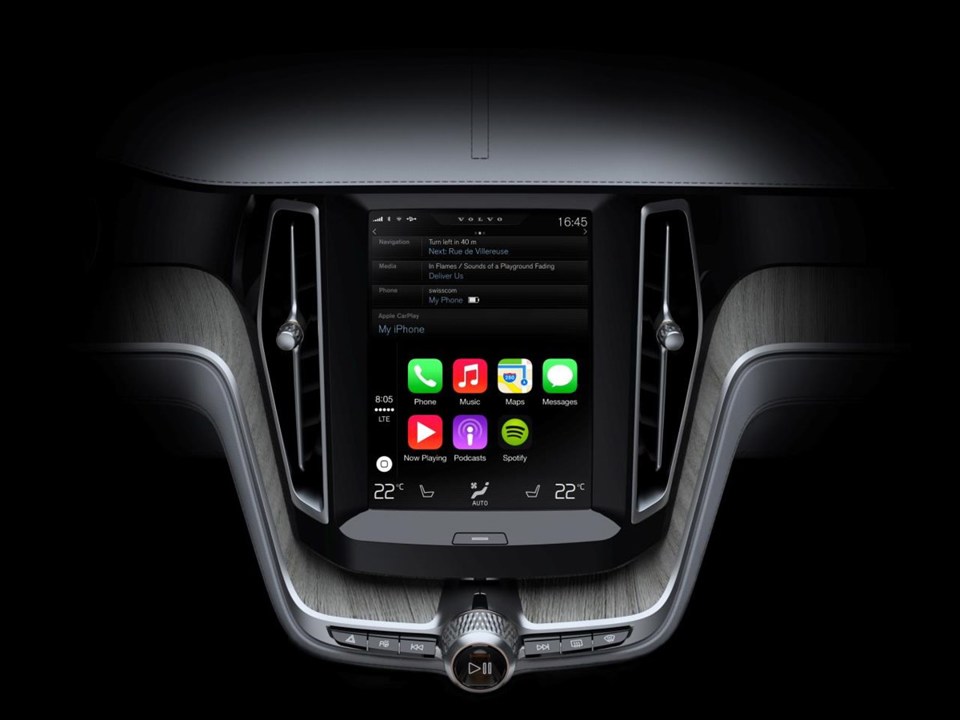Personal preference for an iPhone or Android smartphone could soon dictate the car choice of younger buyers, predicts Glass's, as new models become ever more closely integrated with mobile devices.
Motor manufacturers are already working with Apple or Google on next generation systems that will see smartphones, tablets and cars integrating much more closely, giving drivers greater access to information and apps such as music, e-mails and sat nav systems.
Rupert Pontin, head of valuations, said: "Smartphone and tablet technology is something that is already integral to the lives of younger car buyers in a way that is more rarely the case for older people.
"Car manufacturers know this and most are now working on a new wave of connectivity systems that will see your smartphone functions become a part of the dashboard display and functionality, offering not just calls but flexible, updatable app-based features such as mapping and Siri-style voice integration. Essentially, these integrated systems will augment and replace the same functions in today's cars.
"Several have chosen a partner for working in this arena and, predictably, have chosen to go with either Apple's CarPlay or Google's Android Auto.
Glass's claims that certain manufacturers are choosing one system over another for their models, with could leave users of other types of phone feeling left out.
"If you are a car manufacturer that has chosen to go with Android, can you still sell your car to a committed Apple smartphone user?
"These are difficult decisions for car manufacturers to take over the next few years. Backing the wrong horse could see their models become not just less attractive to a growing group of buyers but also see their residual values hit.
"Unless compromises are made over the operating systems being installed in vehicles to encourage something approaching universal compatibility, some manufacturers and owners will inevitably lose out."
In announcements to date, however, contrary to suggestions from Glass's, manufacturers including Volvo, Audi and Hyundai have chosen to back both systems in the same vehicle - which could avoid the problem.


















Legs11 - 26/02/2015 12:53
As a committed Android user, I would never purchase a vehicle that only had Apple compatible technology involved, and I am sure the same would apply visa versa. Companies however who provide specific mobiles to their field based staff, would need to consider this in obtaining future vehicles. Way to go Volvo, Audi and Hyundai, as providing for the 2 major systems seems to be the best way to not restrict the future market. Other manufacturers, please take note!